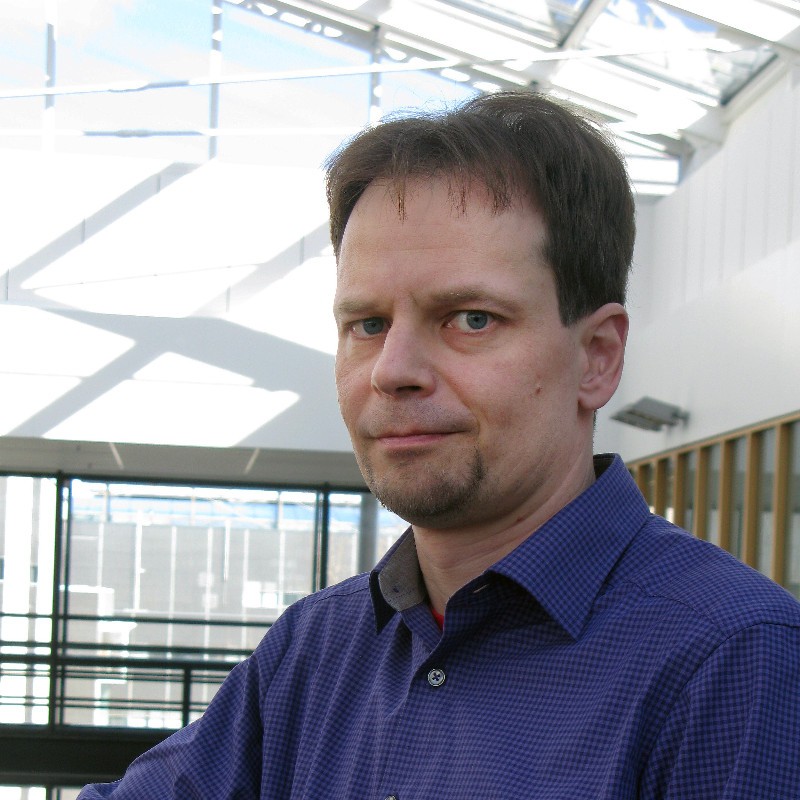The focus is especially on software, because an autonomous car is a comprehensive software platform, with strict requirements on functionality, reliability, and security. The consortium of this project is composed of the University of Oulu and the Finnish Meteorological Institute. The funding comes from Business Finland’s 6G Bridge program. The project will last until May 2026.
University of Oulu, ITEE faculty, M3S Research Unit. With 600+ experts and 50+ professors, the Faculty of Information Technology and Electronics (ITEE) covers a wide spectrum of ICT. It also hosts the 6G Flagship research program. Empirical Software Engineering in Software, Systems and Services (M3S) carries out research at the highest international level. It has been ranked 2nd in Europe and 7th in the world in publishing in top software engineering journals. M3S achieved a level “outstanding 6/6” in the University of Oulu international research assessment. It is one of the largest software engineering research units in Finland and Europe. M3S has very strong industry collaboration and a proven track record in making a high impact in industry. The research unit has strong competence in methods, tools, and processes for professional software development with full lifecycle support. The expertise includes architectures, IoT, cloud, edge, security, and artificial intelligence in different application domains including healthcare, automotive and embedded systems.
“In the research, our aim is to find out how to combine the various sources of expanded traffic situation information and the most efficient data transfer methods as well as information processing to enable autonomous driving. Software, communication, and computing solutions are critical issues. We also want to find out how the solutions and software architecture can be tested in both virtual and real traffic situations”, says the responsible leader of the project, Adjunct Professor Kari Liukkunen from the M3S research unit.

Researchers focus on enhancing autonomous driving by traffic-related data outside the scope of a vehicle’s own sensors. Extended traffic situation information refers to information that is obtained from elsewhere and combined with the information produced by the car’s own sensors. This refined information is used to assist the driver, remotely control public transport, and finally enable fully autonomous driving.
“The research topic is the development of autonomous driving using our own wireless 5G/6G networks and distributed computing solutions as a basis for the collection of extensive situational information, data analysis and decision-making. The research and its results can be used especially in companies developing software in the Finnish automotive and transport equipment industry for the development of know-how and new business opportunities. As part of other 6G research conducted at the University of Oulu, this project offers a concrete, intelligent traffic use case for developing and testing software solutions and architectures,” adds M3S university lecturer Pertti Seppänen.

Finnish Meteorological Institute is Finland’s leading expert in weather and safety, and in variety of related environmental issues. The main objectives include the best possible information about the atmosphere above and around Finland, ensuring public safety related to atmospheric and airborne hazards. Some of FMI’s key research areas include the development of innovative and intelligent road weather forecasting systems enhancing in-route public safety, delivered both in traditional ways and to user/vehicle devices via wireless networking/cellular systems. FMI has also produced specialised tailored weather services combined with local measurement data, like partially vehicular data-based pilot road weather service for a specific road stretch in Northern Finland.
”Finnish Meteorological Institute complements the research themes by developing tailored road weather services for autonomous driving, partially based on weather radar-originated Nowcasting short term accurate weather forecasts. The Intelligent traffic road weather services test track in Sodankylä and the autonomous miniature vehicle of FMI are naturally our essential tools in this work”, complements Dr. Timo Sukuvaara, senior research scientist of the Finnish Meteorological Institute.

Research Collaborations
The project will collaborate with Finnish Academy project named Northern Utility Vehicle, utilizing the NUVE-Lab of the Oulu University of Applied Sciences (https://oamk.fi/en/partnership/rdi-projects/nuve). In the project the NUVE-Lab facilities will be equipped with a digital twin environment, an NVIDIA smart driving environment, and 5G networking. NUVE-Lab and the Northern Utility Vehicle project offer collaboration in both research and test and validation environments.
The project will collaborate with the Smart Campus project (https://smartcampus.fi/), that builds a smart traffic sensor network on the Linnanmaa campus of the Oulu university, providing a test and validation environment for the project.
The project will collaborate with the MetaCity program of city of Oulu (https://oulu.com/en/business/innovations-and-ecosystems/metacity/) focusing on the generation of smart city concept to accelerate the evolvement of digital and virtual city services.
The project will collaborate with 5G-SAFE plus project (https://5gsafeplus.fmi.fi), that develop 5G enabled safety and weather services for intelligent traffic and autonomous driving.
The main international research collaboration will be carried out with Luleå University of Technology, where the key research contacts are Prof. Jerker Delsing and Prof Tero Päivärinta. This project continues an on-going collaboration and researcher exchange in the development of solutions for digital twins’ interoperability in the ITEA project “Oxilate” (https://itea4.org/project/oxilate.html).
